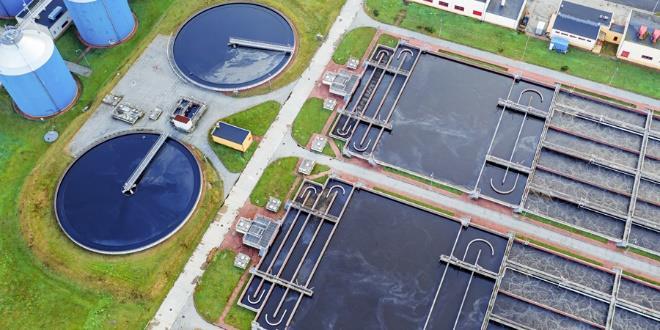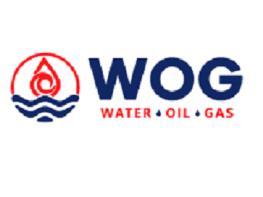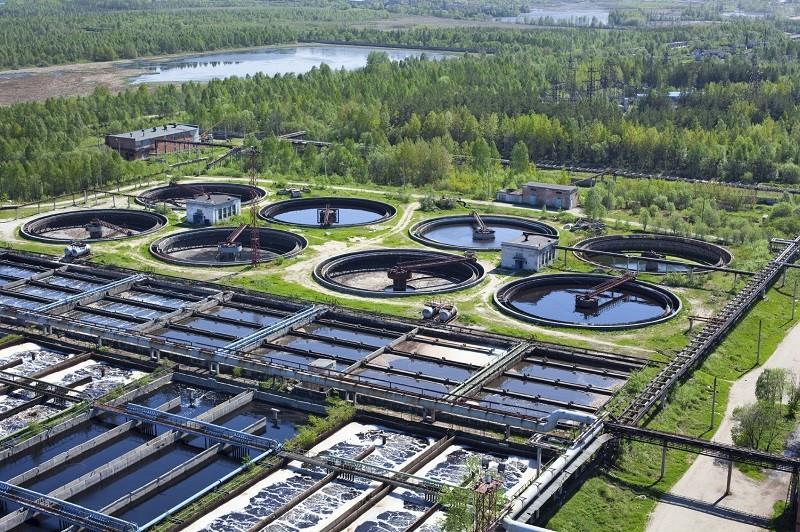Wastewater Treatment Plants for Industries

In India, WOG Group has made a name for itself as a producer of wastewater treatment plants. The water treatment solutions provided by WOG are quick, simple, and economical. We are all aware that water is a natural resource that is accessible in our surroundings. Significantly, it is the most crucial resource for the continuation of life on Earth. Water is used in a wide range of environmental activities, including agriculture, the chemical industry, textiles, recreation, and many more. Our entire project is centred on distilling wastewater produced by businesses. Basically, we offer a whole variety of services, from design to building and installation. Our water filtration system uses cutting-edge, environmentally friendly technology. After we examined the effluent, they treated it before releasing it into the neighbouring bodies of water. The mechanisms ensure that water will be recycled into the environment without harming the ecosystem.

What do wastewater treatment Plants do?
The process of turning wastewater into water that can be released back into the environment is known as wastewater treatment. These facilities clean up sediments and contaminants, decompose organic material, and replenish oxygen in treated water. Wastewater comes from various sources, and each source requires a particular method of cleaning the wastewater. Comparatively speaking, residential wastewater is easier to treat than industrial wastewater. Wastewater Treatment Approaches
Physical Water Treatment: Physical processes are used to purify wastewater. Processes including screening, sedimentation, and skimming are employed to remove the solids. This method makes no use of chemicals.
Biological water treatment uses a number of biological processes to break down organic waste products like soap, human waste, oils, and food. In biological treatment, wastewater's organic components are broken down by microorganisms.
Chemical water treatment: This process treats the water with chemicals. In order to eliminate the bacteria that contaminate water with toxins and cause it to decay, chlorine, an oxidizing agent, is routinely utilized.
Various Water Treatment Plants
Effluent Treatment Plant (ETP): ETPs are water treatment facilities that reuse wastewater effluent that is generated as an industrial byproduct. In order to prevent chemical contaminants from harming the environment, pure water is released into the environment. Depending on the industry, different harmful or non-biodegradable effluents are prevalent.
Wastewater Treatment Plants: Wastewater treatment also referred to as sewage treatment, is a process that allows water to be discharged back into the environment after purifying it by removing some or all contaminants. Significant amounts of organic material, pathogenic bacteria, nutrients, and poisonous compounds are present in untreated wastewater, posing risks to human health, the environment, and waterways.
Industrial Wastewater Treatment Plant: The treatment of industrial wastewater is crucial because different sectors produce different toxins. Environmental contamination rises with industrial growth and development. They need a particular kind of wastewater treatment.

Mobile and Pilot water treatment plant: When a community's current water filtration facility malfunctions, mobile water treatment units are the best option. These units are very cost-effective when used for groundwater treatment because they can finish the process right away, negating the need for shipping.
Sewage Treatment in Industry
Water treatment, often known as sewage treatment, is the removal of contaminants from wastewater before it enters aquifers or other natural bodies of water such as rivers, lakes, estuaries, and seas. When a body of water contains too many contaminants for a specific function, such as swimming or fishing. It's referred to as dirty water. Using bar screens, plastic shopping bags, straws, and wrappers are collected and filtered out of wastewater. The water is then sent through a tank to remove grit and sand. The flow of water is slowed to allow sand particles to settle to the bottom. The water is then allowed to settle in a large tank with a sloped center. A scraper is used to settle and clean. Because of its Wastewater Treatment Plant, WOG is well-known in India for providing excellent industrial wastewater treatment services.
Organic Compounds Are Produced by Industries






The specific pollutants generated by organic chemical companies vary substantially based on the type of products produced.
Electricity generation plants, in particular coal-fired power plants, are a substantial source of industrial pollution.
Food manufacturing: The wastewater generated by the food and agriculture industries deviates from global wastewater standards. It is non-toxic and biodegradable, and it is handled by public or private sewage treatment plants.
Industry of iron and steel Blast furnaces use harsh reduction procedures to extract iron from ores. Cooling fluids are constantly contaminated by-products, particularly cyanide and ammonia.
For a variety of impurities, we use industrial effluent Treatment Plants, which include chemical treatment, biological treatment, chemical and biological treatment combined, and heat treatment. Our professionals have the knowledge and experience needed to provide effective water-purifying solutions. Recycling wastewater is required by government regulations for the disposal of wastewater from industries. It is now necessary for industries to establish ETPs. Water is reusable after ETPs and can be utilized for a variety of purposes.
WEBSITE: https://woggroup.com/
CALL: 7303297705
EMAIL: info@woggroup.com
ADDRESS: Udyog Vihar, Sector 20, Gurugram, Haryana 1220
